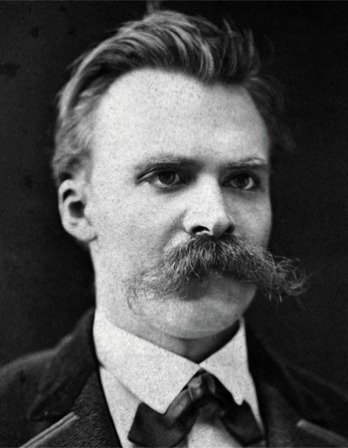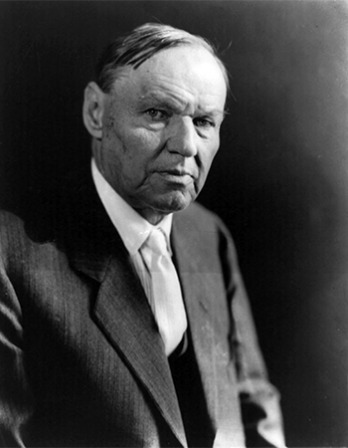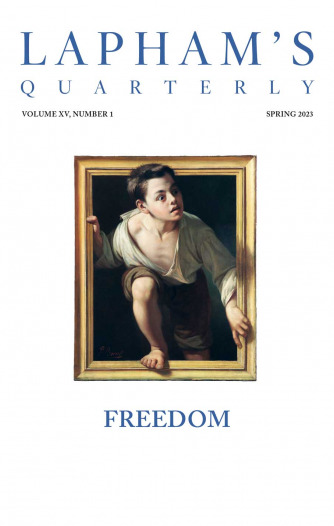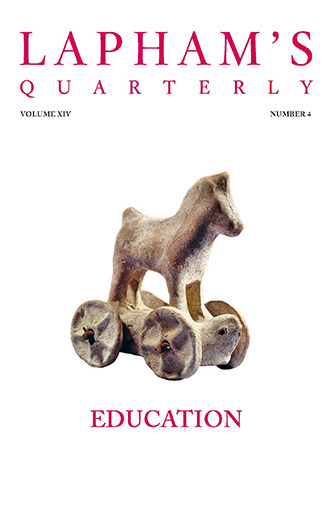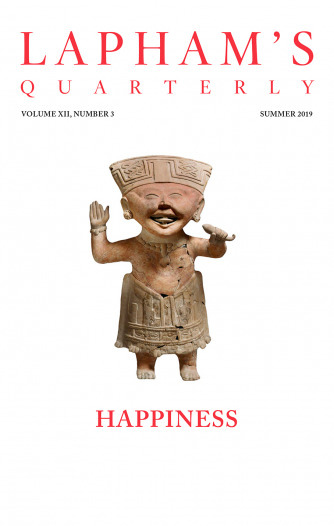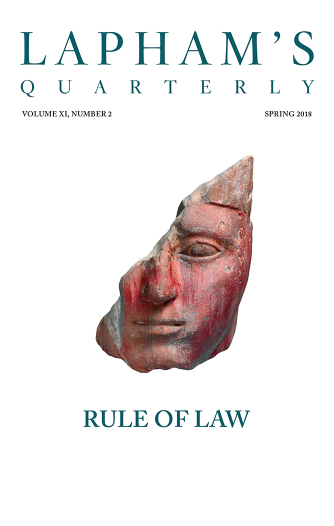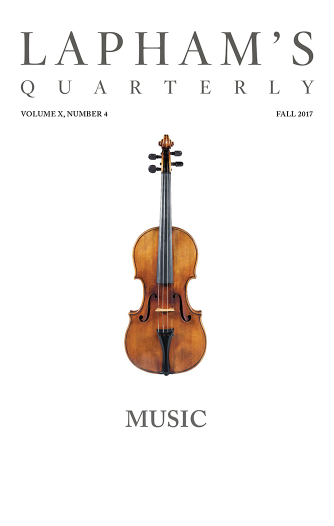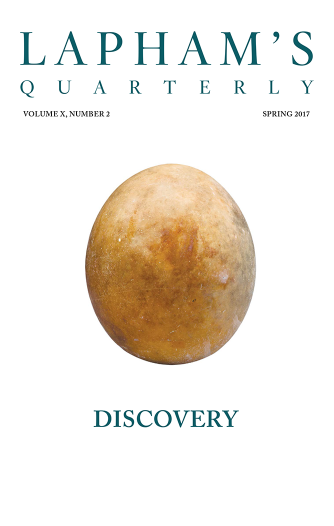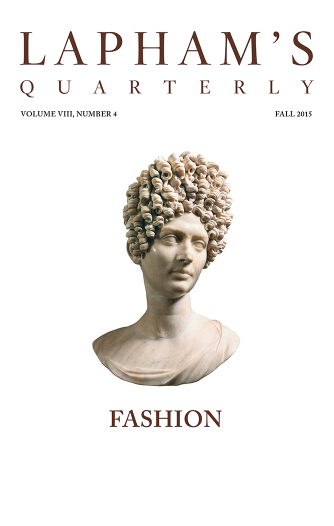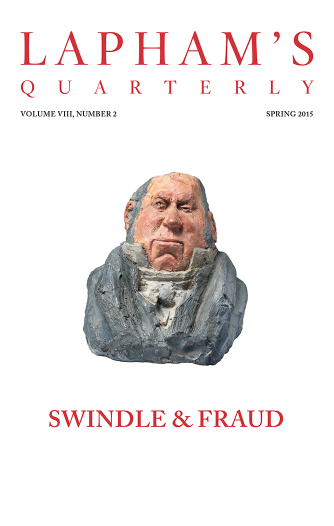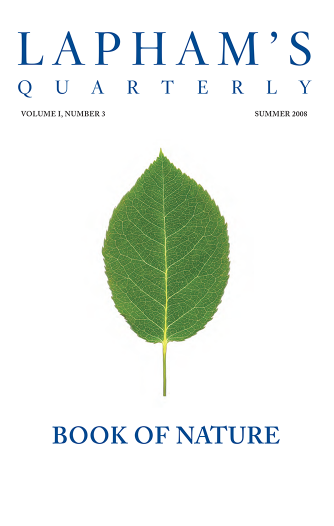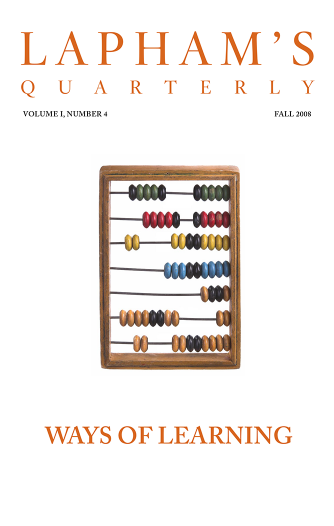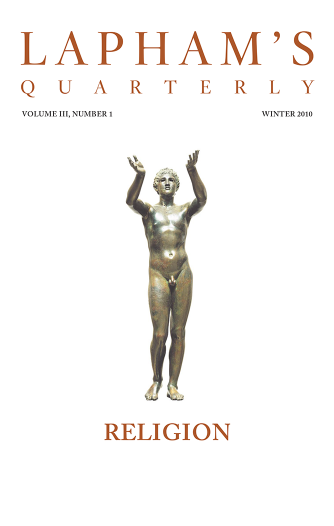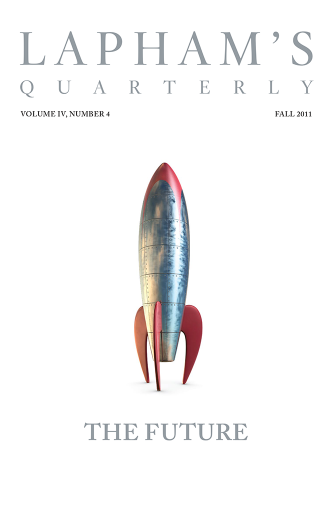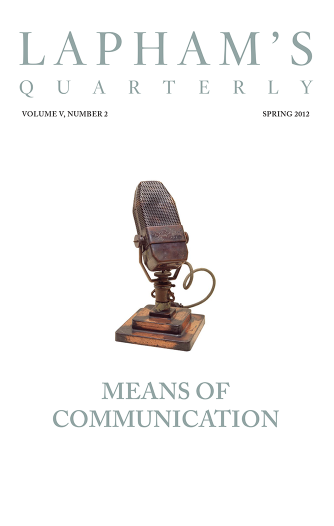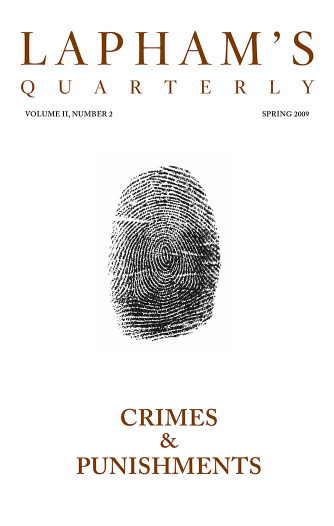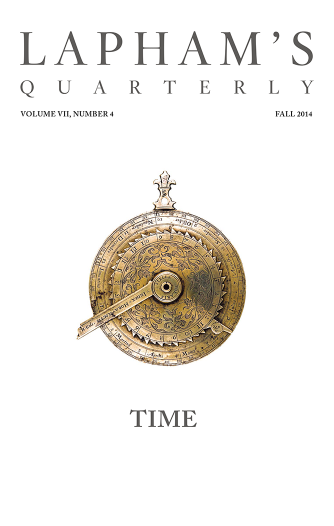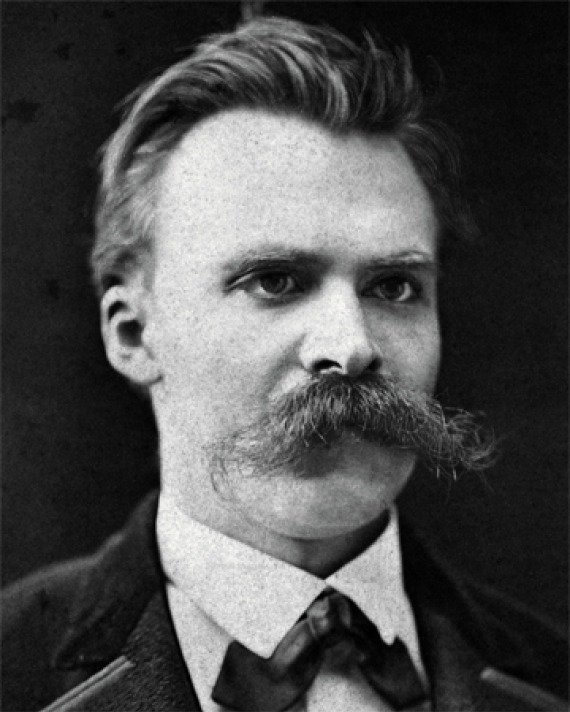
Friedrich Nietzsche
(1844 - 1900)
Between 1879 and 1889 Friedrich Nietzsche published almost a dozen books, among them Twilight of the Idols, The Antichrist, and Ecce Homo—the last of which includes chapters titled “Why I Am So Clever” and “Why I Write Such Good Books.” The philosopher and philologist once defined his concept of “eternal recurrence” as “existence, as it is, without meaning or aim, yet recurring inevitably without any finale of nothingness.” Nietzsche called it a “European form of Buddhism” that was also indebted to Heraclitus and the Stoics. Afflicted with illness for most of his adult life, he died at the age of fifty-five in 1900.

